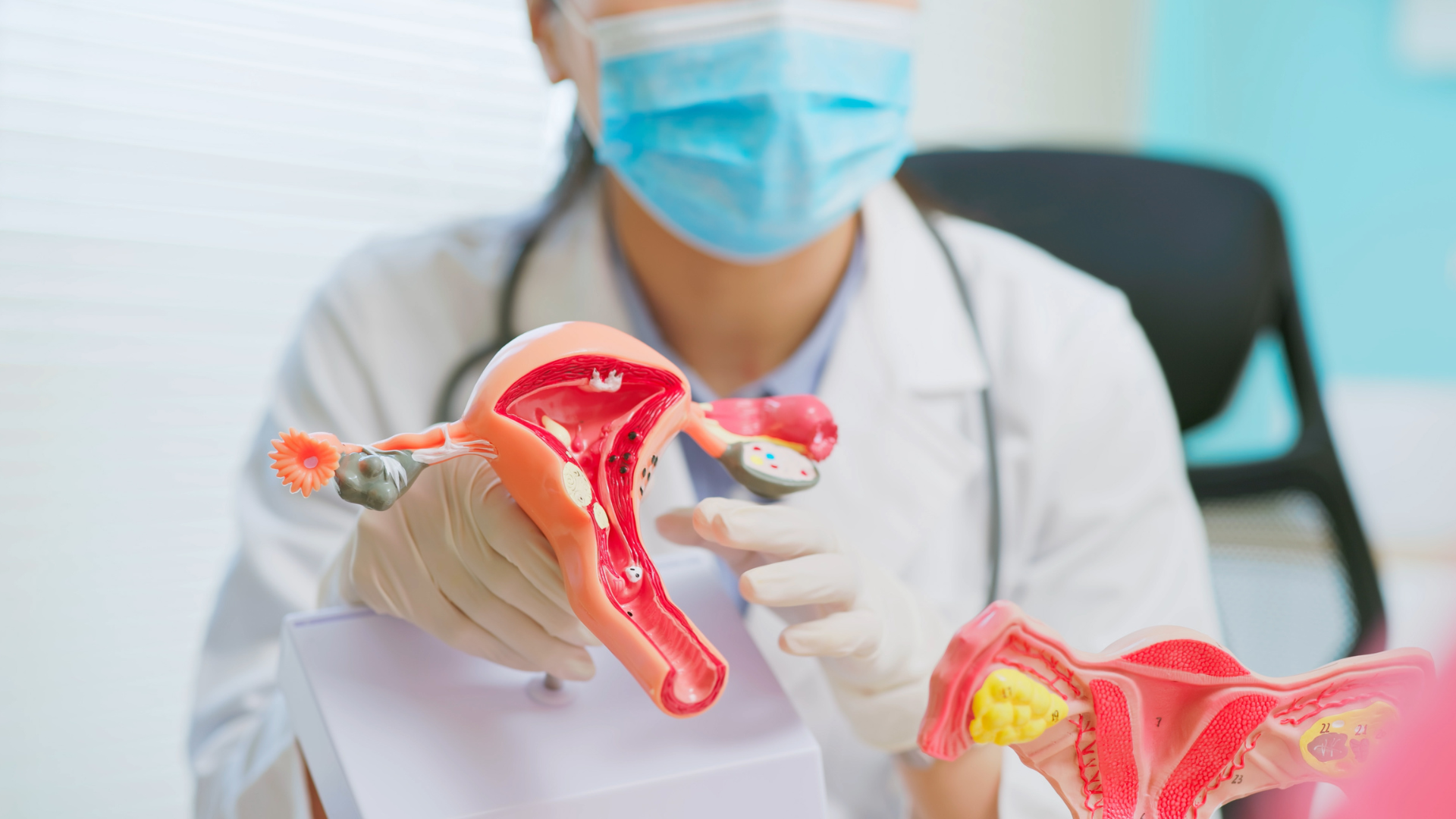PCOS stands for Polycystic Ovary Syndrome. It is a health problem that affects many women. It can cause changes in your body that may be difficult to deal with. This article will explain what polycystic ovary syndrome is and how it can affect you.
What Is PCOS?
Polycystic ovary syndrome happens when a woman’s hormones are not balanced. This can cause problems with your periods and make it harder to have a baby. Women with PCOS often have small cysts on their ovaries, which is why it is called Polycystic Ovary Syndrome.
How Does PCOS Affect Your Body?
The effects of Polycystic Ovary Syndrome can be different for everyone, but here are some common effects:
- Irregular Periods: Women with polycystic ovary syndrome often have periods that are not regular. Some may have very few periods, while others may have periods too often.
- Trouble Having a Baby: Polycystic ovary syndrome can make it hard to get pregnant because it affects how the ovaries work.
- Weight Gain: Many women with polycystic ovary syndrome gain weight easily and find it hard to lose weight.
- Extra Hair Growth: Polycystic ovary syndrome can cause hair to grow in places like the face, chest, or back.
- Skin Problems: Women with polycystic ovary syndrome may have oily skin or get acne.
Effects of Polycystic Ovary Syndrome: How to Manage It
Living with polycystic ovary syndrome can be hard, but there are ways to manage the symptoms. Here are some tips:
Eat Healthy Foods
Eating a balanced diet can help you manage polycystic ovary syndrome. Try to eat lots of fruits, vegetables, and lean proteins. Avoid sugary foods and drinks to help control your weight.
Stay Active
Exercise can help you keep a healthy weight and reduce polycystic ovary syndrome symptoms. Simple activities like walking or swimming can be very helpful.
Talk to Your Doctor
If you think you have polycystic ovary syndrome, it’s important to see your doctor. They can tell you if you have it and help you find the right treatment.
Use Medications
There are medicines that can help manage the symptoms of polycystic ovary syndrome. Here are five common ones:
- Birth Control Pills: These can help regulate your periods and reduce acne and extra hair growth.
- Metformin: This medicine helps manage blood sugar levels and can also help with weight loss.
- Spironolactone: This medicine helps reduce extra hair growth.
- Clomiphene (Clomid): This medicine helps women with polycystic ovary syndrome ovulate, which can make it easier to get pregnant.
- Progestin Therapy: Taking progestin can help regulate your periods.
These treatments can help you manage the effects of Polycystic Ovary Syndrome and feel better.
Managing PCOS for the Long Term
Polycystic ovary syndrome is a condition that you may have to manage for a long time, but you can still live a healthy life. Here’s how:
Regular Check-Ups
Seeing your doctor regularly can help you keep track of your symptoms and make sure your treatment is working.
Support Groups
Talking to other women who have polycystic ovary syndrome can be very helpful. Support groups are a great way to share tips and get advice.
Stay Positive
It’s normal to feel upset or stressed by polycystic ovary syndrome, but staying positive can help. Remember that you’re not alone, and there is help available.
Understanding polycystic ovary syndrome and how it affects you is the first step to managing this condition. By eating healthy, staying active, and using the right treatments, you can control your symptoms and improve your health. Always talk to your doctor if you have concerns, and work together to find the best treatment for you.
FAQs
- What is PCOS?
- PCOS is a health condition where a woman’s hormones are out of balance, affecting periods and fertility.
- What are the effects of Polycystic Ovary Syndrome?
- The effects of Polycystic Ovary Syndrome include irregular periods, weight gain, extra hair growth, and skin problems.
- Can PCOS be cured?
- There is no cure for PCOS, but the symptoms can be managed with the right treatment.



